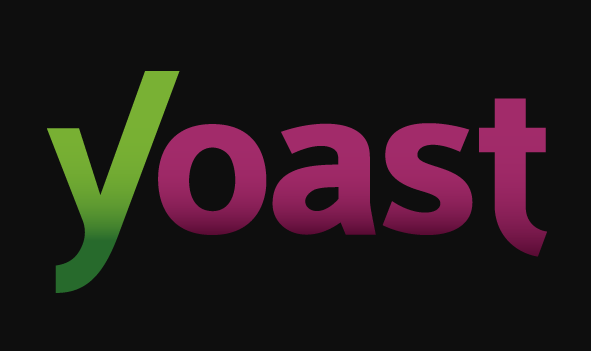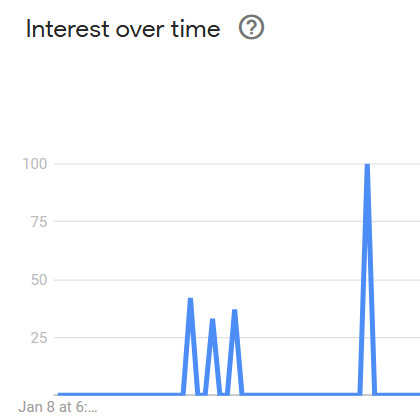
Choosing the right platform to build your website can feel overwhelming. Two major categories dominate the market:
- Hosted Website Builders: These platforms (like Wix, Squarespace, GoDaddy Website Builder) handle everything for you. You use their drag-and-drop interface to create your site, and they host it on their servers.
- Downloadable Website Builders: You purchase the software (like UltimateWB, WordPress) and typically install it on your own web hosting account.
Let’s break down the pros and cons of each:
Hosted Website Builders (Wix, Squarespace, GoDaddy Website Builder)
Pros:
- Ease of Use: Extremely user-friendly with intuitive drag-and-drop interfaces.
- Quick Setup: Get your site online quickly with minimal technical knowledge.
- All-in-one solutions: Hosting, domain names, and often marketing tools are included.
Cons:
- Limited Customization: Can have limitations in terms of design flexibility and advanced features.
- Vendor Lock-in: You’re tied to the platform. Migrating your site can be challenging and costly.
- Potentially Expensive: Costs can quickly escalate depending on your chosen features and plan.
- Security Risks: Relying solely on a third party for hosting and security can leave you vulnerable to data breaches or service disruptions.
- Limited Control: You have less control over server settings, performance optimization, and technical aspects of your website.
Downloadable Website Builders (UltimateWB, WordPress)
Pros:
- Flexibility and Customization: High level of control over design, functionality, and code.
- Cost-Effectiveness: Can be more cost-effective in the long run, especially for complex websites.
- Scalability: Easily scale your website as your needs grow by upgrading your hosting plan.
- Large Communities and Support: Access to a vast community of developers, plugins, and themes.
- Greater Control: More control over security, SEO, and technical aspects of your website.
Cons:
- Steeper Learning Curve: Requires some technical knowledge or a willingness to learn.
- More Setup Time: Initial setup and configuration can be more time-consuming.
- Potential for Technical Issues: You are responsible for maintaining and updating the software and your hosting environment.
UltimateWB: A Unique Approach
UltimateWB offers a unique approach with its hybrid model. You can purchase and download the software, but it also provides:
- Self-Hosted: Install UltimateWB on your own web hosting account.
- UltimateWB Cloud Hosting: Host your UltimateWB site on their secure and reliable servers, including installation and update services.
- Full-Service Hosting: UltimateWB handles hosting, installing the software and any software updates you receive.
This flexibility allows you to choose the level of involvement that suits your needs and technical expertise.
Why Hosted Options Can Have Limitations
- Data Breaches: High-profile data breaches on hosted platforms highlight the potential risks to your data and customer information.
- Vendor Lock-in: If the platform goes out of business or significantly changes its policies, you could lose your website or face disruptions to your online presence.
- Performance Issues: Relying on a shared server can lead to slow loading times and poor performance, impacting user experience and search engine rankings.
- Limited Control: You’re at the mercy of the platform’s rules and regulations, which can change without notice.
The Verdict
The best choice depends on your specific needs and priorities.
- Choose a hosted builder if: You prioritize ease of use, want a quick setup, and have minimal technical skills.
- Choose a downloadable builder like UltimateWB if: You need maximum flexibility, control, and long-term cost-effectiveness.
By carefully considering your options and choosing the platform that best aligns with your goals, you can build a successful and effective online presence.





